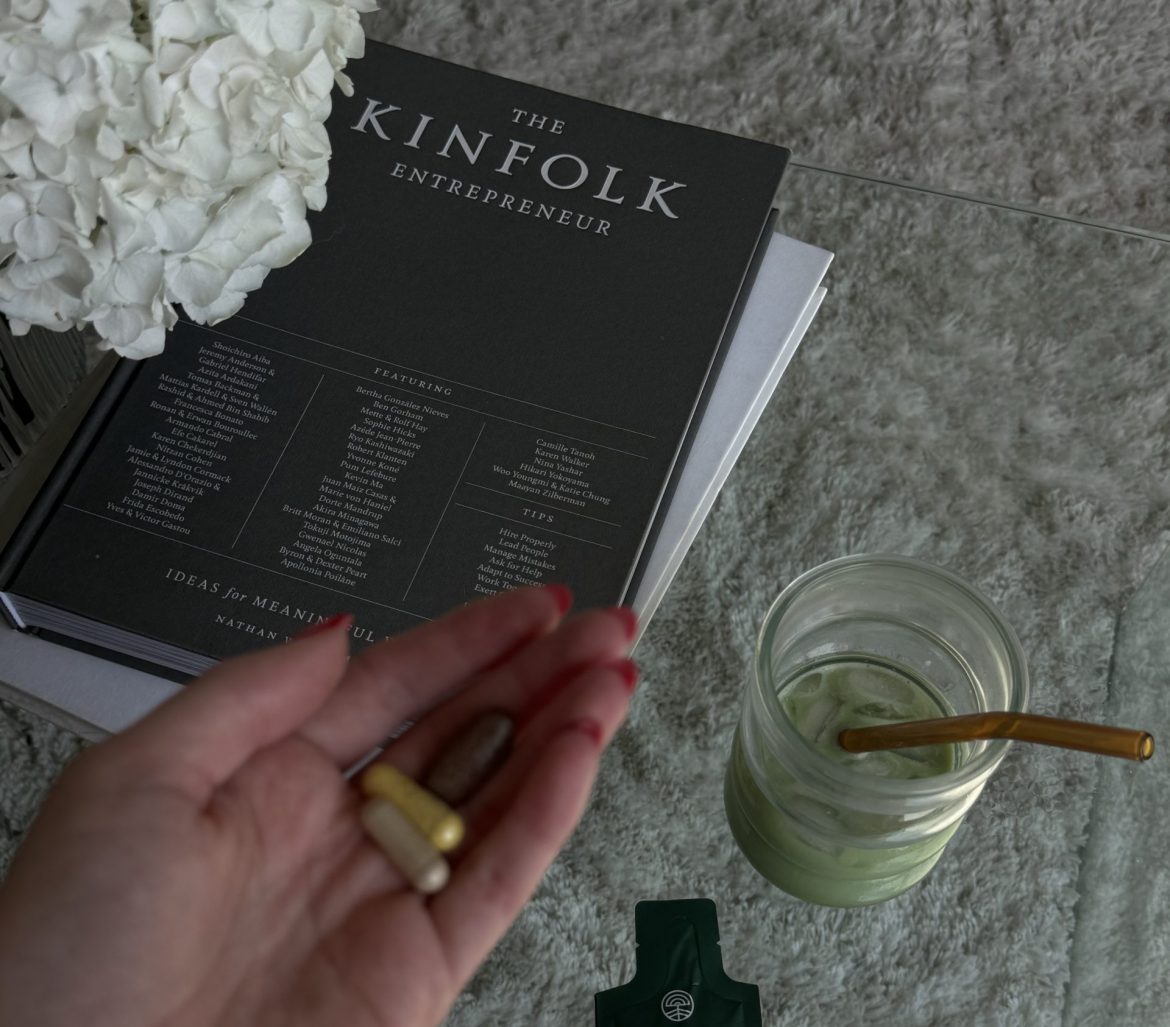As women, we juggle multiple roles—whether it’s managing careers, raising families, or maintaining a social life and we do it with a smile. But, with all these responsibilities, it’s easy to overlook personal health. Ensuring your body gets the right vitamins and minerals is key to maintaining energy levels, supporting hormonal balance, and promoting overall well-being.
Here are the essential vitamins every woman should be taking and why they matter:
1. Vitamin D – For bone & immune health
Vitamin D is essential for calcium absorption, making it crucial for bone health, especially as women age and become more prone to osteoporosis. It also plays a vital role in immune function and mood regulation. Many women are deficient in vitamin D, especially those who don’t get enough sun exposure. Supplementing with vitamin D3 can help maintain optimal levels.
2. Vitamin B12 – For energy & brain function
B12 is vital for red blood cell formation, nerve function, and DNA synthesis. A deficiency can lead to fatigue, memory problems, and even mood disturbances. Since B12 is mainly found in animal products therefore, vegetarians and vegans are particularly at risk for deficiency and may benefit from supplementation.
3. Iron – For energy & blood health
Women of reproductive age need iron to replenish lost stores due to menstruation. Iron helps transport oxygen throughout the body, preventing fatigue and weakness. If you often feel tired, dizzy, or cold, you might be iron deficient. Be sure to get iron from food sources like lean meats, spinach, and lentils, or consider a supplement if needed.
4. Folate (Folic Acid) – For reproductive health & cell growth
Folate is essential for DNA production and cell division, making it especially important for women who are pregnant or trying to conceive. It also supports brain function and heart health. Natural sources include leafy greens, legumes, and fortified grains.
5. Magnesium – For stress & muscle function
Magnesium helps regulate muscle function, supports heart health, and plays a role in reducing stress and anxiety. It also aids in sleep quality. Many women don’t get enough magnesium through diet alone, so supplementation can be beneficial.
6. Calcium – For strong bones
Women are at higher risk of osteoporosis, making calcium an essential nutrient. It supports bone strength and density while also aiding in nerve function and muscle contraction. Dairy products, leafy greens, and almonds are great sources, but supplementation may be necessary for some women.
7. Omega-3 Fatty Acids – For heart & brain health
Omega-3s, found in fatty fish, flaxseeds, and walnuts, support brain function, heart health, and inflammation reduction. Women who don’t consume enough omega-3-rich foods should consider a high-quality fish oil or algae-based supplement.
8. Probiotics – For gut health
A healthy gut is the foundation of overall well-being. Probiotics help maintain a balanced gut microbiome, supporting digestion, immune function, and even mental health. Fermented foods like yogurt, kimchi, and sauerkraut are great sources, but a probiotic supplement can also be helpful.
9. Zinc – For immune & skin health
Zinc plays a crucial role in immune function, wound healing, and maintaining clear skin. It’s especially beneficial for women dealing with hormonal acne. Good food sources include shellfish, nuts, and seeds, but a supplement can help if dietary intake is low.
10. Collagen – For skin, hair, & joint health
Collagen is essential for maintaining youthful skin, strong nails, and healthy joints. As women age, collagen production declines, leading to wrinkles and joint stiffness. Supplementing with collagen peptides can help replenish levels and support skin elasticity..
Taking care of yourself isn’t a luxury—it’s a necessity. Prioritising these essential vitamins will help you feel energised, balanced, and ready to take on whatever life throws your way!
ALSO SEE:
The importance of Vitamin K when you have a Vitamin D deficiency
Featured Image: DupePhoto

